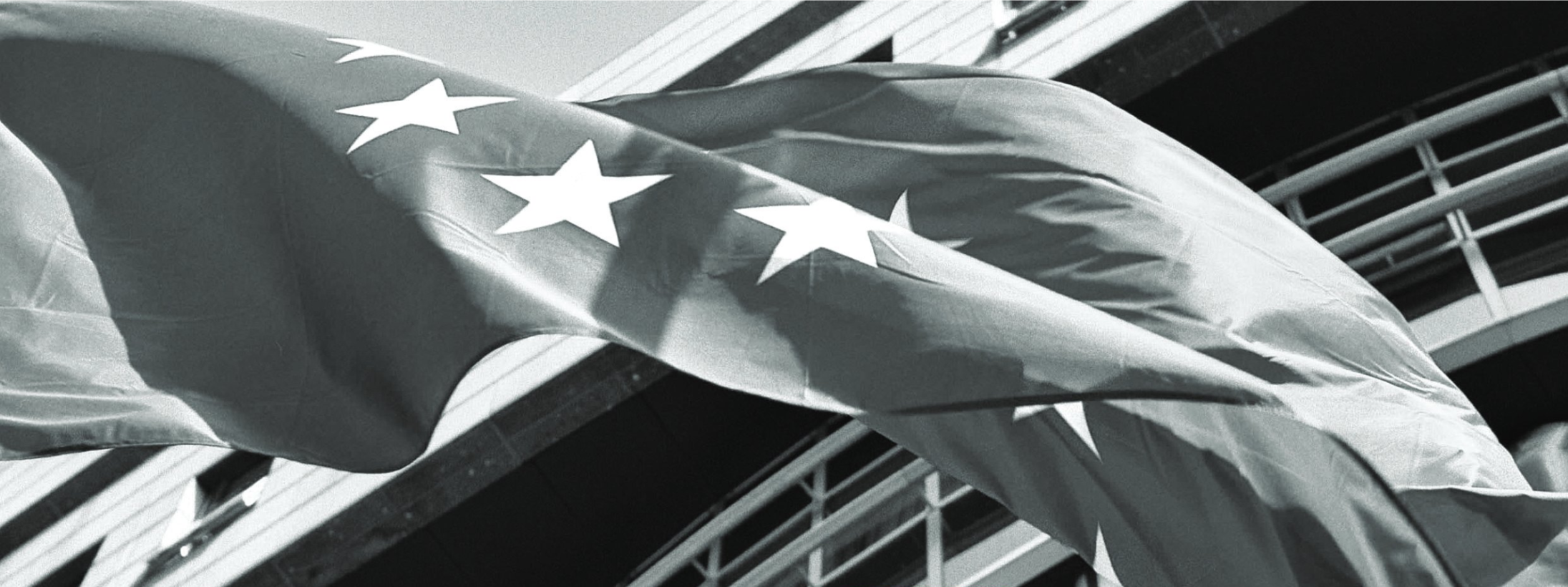- About us
- Areas
- Services
- Events
- Resources
- Join us
- About us
- Areas
- Services
- Events
- Resources
- Join us
EU Simulation
- AREA:
- European Union
- SECTORS:
- democracy, European integration, politics

#PROGRAMME
As part of The EU Simulation, young people simulate the performance of the EU institutions and engage in the process of admitting new candidate countries to the EU. During the simulation game, up-to-date materials tailored to young people’s needs are used. This workshop aims at prompting the participants to look for more information on the European Union once they get back home.
#TARGET GROUP
The target group comprises young people, 15 to 30 years of age, who often learn from the media about the European Union and aspirations of all non-member countries to become the members, but are not sufficiently familiar with the concept, establishment, rules and procedures that apply to all EU Member States.
#IMPORTANCE OF THE UNIT TO THE TARGET
Europe is (very) old, diverse, complex and it comprises hundreds of cultures, peoples and traditions that have been incorporated into a whole new idea. The Old Continent, the Old Lady Europe, now encapsulated in the European Union, stands out as the desire and the goal of many countries that have not become a constituent element of this modern political, economic, cultural and business community yet. As part of The EU Simulation, young people simulate the performance of the EU institutions and engage in the process of admitting new candidate countries to the EU. Apart from learning through role-playing and classical simulation exercises (an experimental method that allows the study of the current state of affairs), the simulation game has proved to be an excellent approach to young people. The most important thing is that young people gain practical knowledge and experience about how the European Union functions, and about all advantages and disadvantages the non-member and the member states face.
#EDUCATIONAL TOPICS
During the simulation, young people acquire particular knowledge upon being guided through the following stages:
1. historical introduction to the European Union establishment,
2. simulation of the European Union (the Parliament and the Council, the EU Commission, media representatives and non-member countries who are struggling for the candidate country status).
1. historical introduction to the European Union establishment,
2. simulation of the European Union (the Parliament and the Council, the EU Commission, media representatives and non-member countries who are struggling for the candidate country status).
#UNIT OBJECTIVES
The Unit objectives are:
1. familiarise young people with the European Union, the way it functions,
2. introduce young people to the performance of the EU institutions,
3. prompt young people to extend their research on the Union,
4. become familiar with the current state of affairs regarding the EU enlargement.
1. familiarise young people with the European Union, the way it functions,
2. introduce young people to the performance of the EU institutions,
3. prompt young people to extend their research on the Union,
4. become familiar with the current state of affairs regarding the EU enlargement.
#RESULTS AND THE INFLUENCE ON THE TARGET
The simulation provides young people with the opportunity to learn more about the European Union, which they particularly find appealing because they are the main agents during the entire simulation. In this way, in a simple and interesting way, they grasp the understanding of the EU, its importance and role in the global society.
#METHODOLOGY
The whole training course revolves around the simulation game. The simulation game preferably takes place in one of official government institutions in order to be authentic.
#HOMEWORK
Young people have to centre upon the current process of the EU enlargement and find out what requirements the candidate countries must meet in order to become the EU members.
#SPECIFIC FEATURES
The workshop venue should be one of parliamentary halls. The focus of the simulation game is the decisionmaking process in the EU and not on the admission of particular countries to the EU.
#DURATION (NUMBER OF DAYS, WORKING HOURS AND UNITS)
2 days, 12 hours, this Unit cannot be divided into smaller units
#PDF BROCHURE
- Download the PDF brochure
#SIGN UP
#OTHER SERVICES
- Teamwork and leadership
- Job searching
- Self-empowerment
- Public advocacy
- Sex equality
- Youth policy
- Public relations
- Fundraising
- Human rights
- Civic activism and volunteering
- Project cycle management
- EU Simulation


